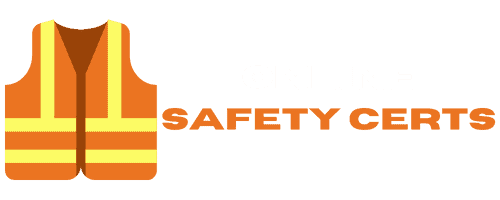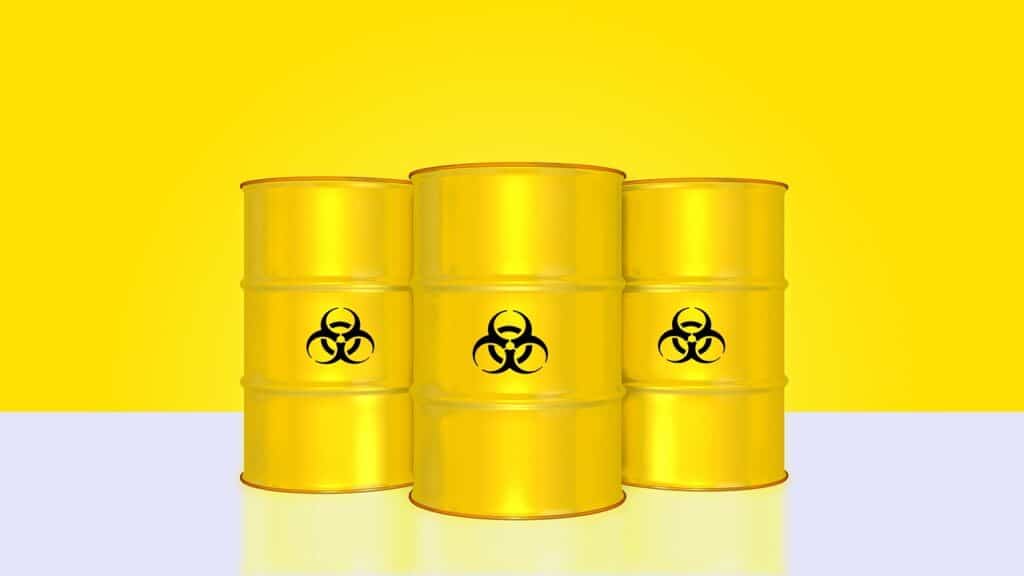Whether you work in the regulated waste industry or are just curious about it, it’s important to understand what you’re getting yourself into. This is especially true if you plan on working with hazardous substances, which is a big part of this field. If you’re not familiar with the acronym RCRA, that stands for the Resource Conservation and Recovery Act. As a result, becoming an expert on this topic can help you secure job opportunities and advance your career. Here are 5 reasons why you should sign up for training as soon as possible:
You Can Protect Your Future Employer
The first and most obvious reason to sign up for training is so you can protect your future employer. If you don’t know the basics of the waste and recycling industry, you’re putting your company at risk by involving yourself with hazardous materials. Some other industries that deal with hazardous materials include construction, mining, and certain forms of farming. You can even find jobs as a hazardous materials handlers in other industries, such as pet food manufacturing or pharmaceuticals. In general, you’ll need to have a specific license, certification, or training to work with hazardous substances. This could include completing a certificate program or taking a class at a local community college. Both of these options provide an overview of the topic, but they don’t give you the hands-on experience that’s necessary to safely handle hazardous materials.
You Can Secure Job Prospects
Another reason to sign up for training is to secure job prospects. Some companies that deal with hazardous substances are expanding their operations, creating new positions, or extending their current ones. However, the majority of employers already have workers who are licensed and certified. This means that if you don’t have experience, you’ll have a very tough time getting hired. You can even find training to get general industry certification, such as a certificate or associate degree in a related field.
RCRA Training Will Enhance Your Skillset
One of the benefits of signing up for RCRA training is that it will enhance your skill set. You’ll learn the basics of how regulations work and how those regulations apply to your profession. You’ll also pick up some valuable skills, such as good communication skills, problem-solving, and critical thinking. These are skills that are highly relevant in most industries, but they can be even more important in the regulated environment.
Maintaining Expertise Helps Build Resumé Footprint
Another reason to sign up for RCRA training is to maintain your expertise. You’re probably familiar with the concept of a resume footprint, which is how many different jobs you’ve listed on your resume. Resume footprints vary based on a variety of factors, but the most important is your expertise. The more jobs you list on your resume, the more likely your employer will be to overlook any weaknesses. Training provides you with the knowledge and experience that your employers are looking for. This will help build your resume footprint and improve the overall impression you make on employers. You don’t want to list a few dozen jobs on your resume, but you don’t want to leave out the important ones, either.
RCRA Training Is Cost Effective
The final reason to sign up for training is that it’s cost-effective. Depending on where you go, RCRA training can cost a few hundred dollars per course or less than $100. By comparison, a career change like this can be expensive. In addition, you may not be able to immediately start earning a salary with the new skills you learn. It’s important to remember that the investment will be worth it in the long run. After you complete training, you’ll have the knowledge and experience necessary to work with hazardous substances. In some cases, you might even be able to land your dream job.
Conclusion
Training can help you understand the regulations and become certified. If you want to work with hazardous substances, you’ll need certification before you can get a job. This is the best way to become certified and have the skills necessary to work in the industry. The benefits of signing up for RCRA training are numerous, including better job prospects, enhanced skillsets, and increased job security. These reasons and more make it important to sign up as soon as possible.
RCRA Training FAQS
Who Needs RCRA Training?
Employees who come into contact with hazardous materials, wastes and waste containers need RCRA training. Employees may include anyone from janitorial staff, to industrial maintenance workers, to waste handlers and other personnel, such as shipping and receiving personnel. Additionally, managers, supervisors, and those in the chain of command for hazardous waste activities also need RCRA training.
When is RCRA Training Needed?
RCRA Hazardous Waste training is mandated by Subtitle C of the Resource Conservation and Recovery Act (RCRA). Workers handling hazardous materials, including waste, must be trained and certified according to these regulations established by the Environmental Protection Agency (EPA). The training frequency varies from one year to initial certification plus two years.
How Often is RCRA Training Required?
RCRA hazardous waste training is required at least once a year for all personnel who generate, store, or transport hazardous wastes. This training must include information on the hazards of the waste, how to recognize and handle these materials safely, and an overview of applicable regulations.




